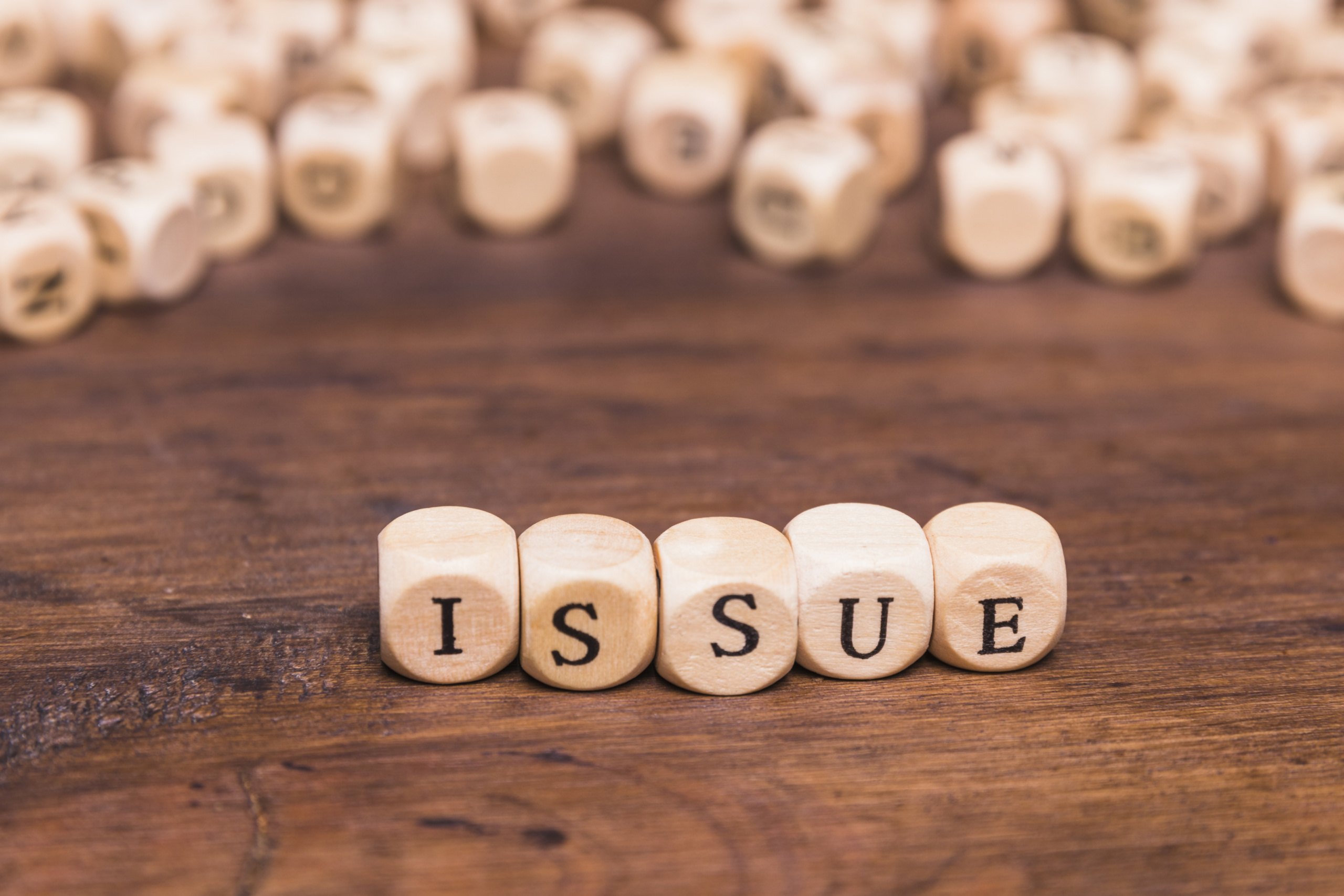Why Everyone’s Obsessed with The Washington Post’s Keyword Game: A Wordplay Obsession You Didn’t Know You Needed
I have a confession: I’m obsessed with words. And not just writing them (although, clearly, I do plenty of that). But finding them, discovering the hidden ones lurking in the letters like little secrets waiting to be uncovered. So, when I stumbled upon The Washington Post’s Keyword Game, it was like my inner word nerd found its new best friend.
If you haven’t tried it yet, let me introduce you to this little corner of the internet that’s part puzzle, part vocabulary workout, and part addictive enough to make you question your productivity. This isn’t just a game; it’s a workout for your brain, your patience, and your capacity to get excited over discovering that, yes, “bathe” and “table” both share those magic letters. And believe me, if you like crosswords, if you find solace in Wordle, or if you’re just a sucker for games that reward persistence, the Keyword Game will get you hooked. So, what exactly is it, and why can’t we stop playing?
What is the Keyword Game, Anyway?
Imagine a game that’s simple in concept but challenging in execution. The Keyword Game by The Washington Post gives you one word, like “apple,” and your goal is to find all the words hidden within it, like “peal” or “lap.” The catch? You have to connect the letters in any sequence, and some of the words aren’t as obvious as you’d think. It sounds easy, but after a few rounds, you’re digging deep into your vocabulary and your memory for that one word that fits but just isn’t coming to mind. And yes, there’s something so thrilling about finally getting it right!
Why It’s So Addictive
Here’s the thing about games like these—they make you feel smart, or at least they make you want to feel smart. The Keyword Game isn’t about flashy graphics or high-speed action. It’s about that slow burn of satisfaction as you uncover word after word, letter by letter, connection by connection. There’s a reason we love word games like the New York Times Spelling Bee or Wordle: they tap into a deep, satisfying part of our brains that wants to solve puzzles, that loves the feeling of finally seeing a solution materialize in front of us. The Keyword Game delivers that little dopamine hit every time you get a new word, and suddenly, an hour has passed without you even noticing.
But Why The Washington Post?
I know, it’s an unexpected twist, right? We don’t usually think of major news outlets as our go-to sources for word games. But that’s part of what makes The Washington Post’s Keyword Game so intriguing. The Post has managed to blend its reputation as a source of serious news with a lighthearted game that lets you disconnect while still feeling like you’re engaging in a “sophisticated” activity (hey, it’s vocabulary, not mindless candy-swapping). It’s like sneaking a piece of candy in the middle of a salad—unexpected and somehow even more delightful for it.
How to Get Started (And Why You Absolutely Should)
Getting started is easy—you can find the Keyword Game on The Washington Post’s website, and it’s simple enough to pick up even if you’re not a seasoned word game enthusiast. The game is free, and you don’t need any fancy app or account to jump in. Just you, a screen, and your inner lexicon.
The game also tracks how many words you’ve found and how many are left, so there’s a subtle pressure that keeps you going (and coming back) until you find every last word. There’s even a social aspect—you can compare your progress with others online, which is fun for all of us competitive types who need a little nudge.
How the Keyword Game Became a Ritual for Word Lovers Everywhere
This game didn’t take long to become a favorite among word lovers. Its fans range from casual players looking to kill a few minutes to serious linguaphiles who see it as the ultimate test of vocabulary skills. People share their “best words” and hardest stumps on social media, turning the game into a community experience. And I get it—when you finally find that elusive word that’s been teasing you for hours, there’s a part of you that wants to shout it from the rooftops.
The Secret Benefits of Playing Word Games
Okay, here’s the truth: it’s not just about the fun. Word games are also surprisingly good for your brain. Studies have shown that they help with memory, cognitive flexibility, and mental sharpness as we age. And the Keyword Game’s unique structure forces you to think in a nonlinear way. You’re not just finding words; you’re finding connections, seeing patterns, and sometimes even learning new words (oh yes, I had no idea “pale” could be made from “apple” either).
So really, playing the Keyword Game is practically an investment in your brain. You’re basically doing mental squats with each round, toning your vocabulary, and sharpening those critical thinking skills—all while having fun. And honestly, who wouldn’t want that?
Why We Need Games Like This Right Now
In a world that’s moving faster than ever, games like the Keyword Game offer something so rare: a quiet moment of focus. When you’re staring at those letters, trying to form words, there’s no room for emails, news notifications, or that endless to-do list. It’s just you and the letters, like a mini mental vacation.
And sure, it’s just a game. But sometimes, that’s exactly what we need—a simple challenge that lets us escape, engage, and maybe even feel a little proud of ourselves for finding a four-letter word that stumped us for twenty minutes.
So, the next time you need a break, give The Washington Post’s Keyword Game a try. Just don’t be surprised if you look up to realize that the whole afternoon has disappeared—and you’ve somehow discovered that your brain knows more words than you ever realized.


